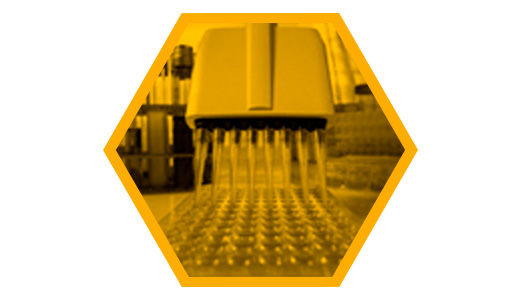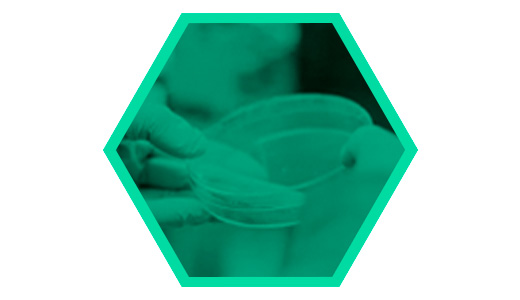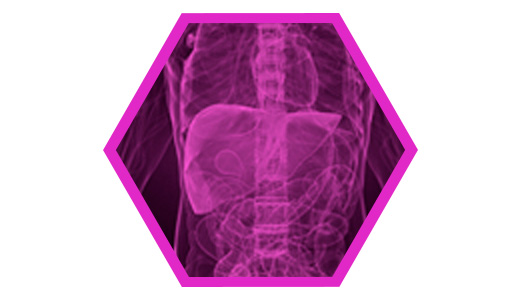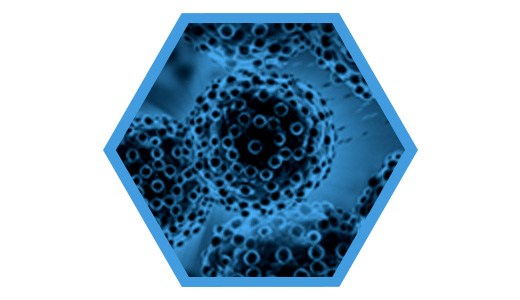
Welcome to the LiSyM Network
Liver Systems Medicine, or LiSyM, was a multidisciplinary research network, in
which molecular and cell biologists, clinical researchers, pharmacologists and
experts in mathematical modeling examined the liver in its entirety. The Network
officially adjourned in June 2021.
The successful LiSyM project is followed by the Systems medicine research
network for the early detection and prevention of liver cancer “LiSyM-
Cancer”: Please read more on the successive network at www.lisym-cancer.org.
In LiSyM the aim was to answer questions about the origin and progression of the
metabolic liver disease non-alcoholic fatty liver disease (NAFLD). What initiates
NAFLD? How does it develop? How can we improve diagnosis and treatment?
More about the work here.
In LiSyM, 37 research groups at 23 scientific centers and institutions located around Germany joined forces to tackle some of the most complex problems of the human body. More about the groups here.
LiSyM Research
Research focuses on the four key, yet overlapping themes of the pillars. Four junior groups also address specific research topics.


Chronic Liver Disease Progression
When connective tissue replaces functioning liver cells
Regeneration and Repair in Acute-on-Chronic Liver Failure (ACLF)
Liver failure after a long illness: Can it be prevented? Can the liver recover?
Liver Function Diagnostics
Develops computer-based diagnostic tools to help detect and assess changed liver functions early.Updates
Standardized doses are suitable for only few people
Individual and combinations of health variables have a strong effect on NAFLD
Read the article
Finding Important Relationships in Large Datasets
Read the article
PK-DB: pharmacokinetics database for individualized and stratified computational modeling
The database PK-DB-v0.9.3 (https://pk-db.com) consists of 512 studies containing 1457 groups, 6308 individuals, 1408 interventions, 73 017 outputs, 3148 time-courses and 37 scatters related to acetaminophen, caffeine, codeine, diazepam, glucose, midazolam, morphine, oxazepam, simvastatin or torasemide. It provides curated information for patient cohorts in clinical trials on patient characteristics, drug therapies and pharmacokinetic parameters. The standardized and machine-readable data can assist analyses undertaken in physiologically based pharmacokinetic, pharmacokinetic/pharmacodynamic or populated pharmacokinetic modeling.
The authors envisage that PK-DB will encourage better reporting of pharmacokinetics studies by providing a means for data representation and integration. Providing access to PK data in a central database will improve reusability of pharmacokinetics data. PK-DB will also facilitate data integration between clinical studies and computational models.
Publication: Jan Grzegorzewski, Janosch Brandhorst, Kathleen Green, Dimitra Eleftheriadou, Yannick Duport, Florian Barthorscht, Adrian Köller, Danny Yu Jia Ke, Sara De Angelis, Matthias König, PK-DB: pharmacokinetics database for individualized and stratified computational modeling, Nucleic Acids Research, , gkaa990, https://doi.org/10.1093/nar/gkaa990
Mathematics as a Bridge from the Laboratory to the Clinic - Importance for Advancing Medicine
Read the article
Mathematics as a Bridge from the Laboratory to the Clinic - Developing Mathematical Models
Read the article
LiSyM Researches How Genes Impact NAFLD
Read the article
The Metabolic Liver Disease NAFLD: A Growing Health Problem
Read the article
New Insights into Bile Secretion in the Liver
"Our new findings require a scientific debate in liver research, which will lead to an adjustment of the doctrine to the new observation. It is to be hoped that this will lead to long-term progress in the treatment of liver diseases", summarizes Dr. Nachiket Vartak, junior group leader in the LiSyM research program.
Press release (English):
https://www.ifado.de/ifadoen/blog/2020/08/06/liver/
Press release (German):
https://www.ifado.de/2020/08/06/leber/
Explainer Video:
https://www.youtube.com/watch?v=W5uGZamqD4M&t=23s
Publication: Vartak, N. et al.: Intravital dynamic and correlative imaging reveals diffusion-dominated canalicular and flow-augmented ductular bile flux. Hepatology 2020. doi: 10.1002/hep.31422
Loss of hepatic Mboat7 leads to liver fibrosis
Their study is based on the analysis of mice with hepatocyte-specific MBOAT7 deletion, of associations between the rs641738C>T genotype and liver inflammation and fibrosis in 846 NAFLD patients as well as genotype-specific liver lipidomes from 280 human biopsies.
See publication: https://gut.bmj.com/content/early/2020/06/25/gutjnl-2020-320853.long
The Holy Grail of Systems Biology
Only models that simulate biological systems on computers make it possible to assemble the existing mass of heterogeneous data into dynamic reproductions in a meaningful way. Mathematical models enable systems researchers to deliver results more quickly and successfully. The idea that digital computers can play an essential role in this research is older than the machines themselves.
Read the article
Better diagnosis of NAFLD with 3D model of human liver tissue
To press release
Research with liver tissue has a long tradition and has been the basis of the discipline of biochemistry. Over the years this research has yielded a wealth of stored quantifiable data. In Systems Medicine these data are re-used to integrate with new data as to develop multi-scale computational models that help in understanding the complexity of metabolism and its derangement in human diseases.
This should lead to a more personalised type of medicine, earlier diagnosis and new therapies